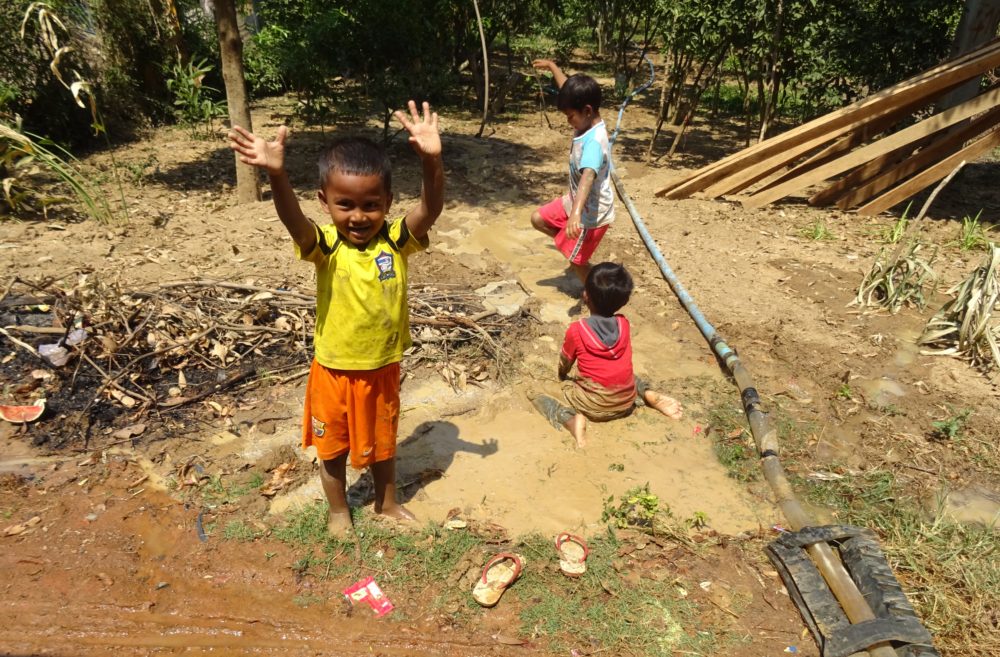By Neena Bhandari
Sydney, 03.05.2022 (SciDev.Net): COVID-19-related restrictions have further exposed inequalities in people’s access to safe water, sanitation and hygiene (WASH) in the Pacific Island countries, especially among women, experts say.
Women and girls have a larger role relative to men in WASH activities, including in agriculture and domestic labour. Ninety per cent of the total population in the Pacific have access to an improved drinking water source, but this rate is significantly lower in rural areas. Kiribati, Solomon Islands and Vanuatu host 81 per cent of the population without access to improved sanitation, according to the CARE Rapid Gender Analysis COVID-19 Pacific Region 2020 report.
“Women and girls feel the impacts first when it comes to lack of access to clean water and hygiene facilities. The impact of climate change, ongoing disasters and the COVID-19 pandemic will increasingly test the resilience of sanitation systems and the availability of safe water owing to floods, droughts and extreme weather patterns, impacting vulnerable communities in our Pacific communities,” says Shirleen Ali, Pacific senior gender and inclusion adviser for CARE International.

